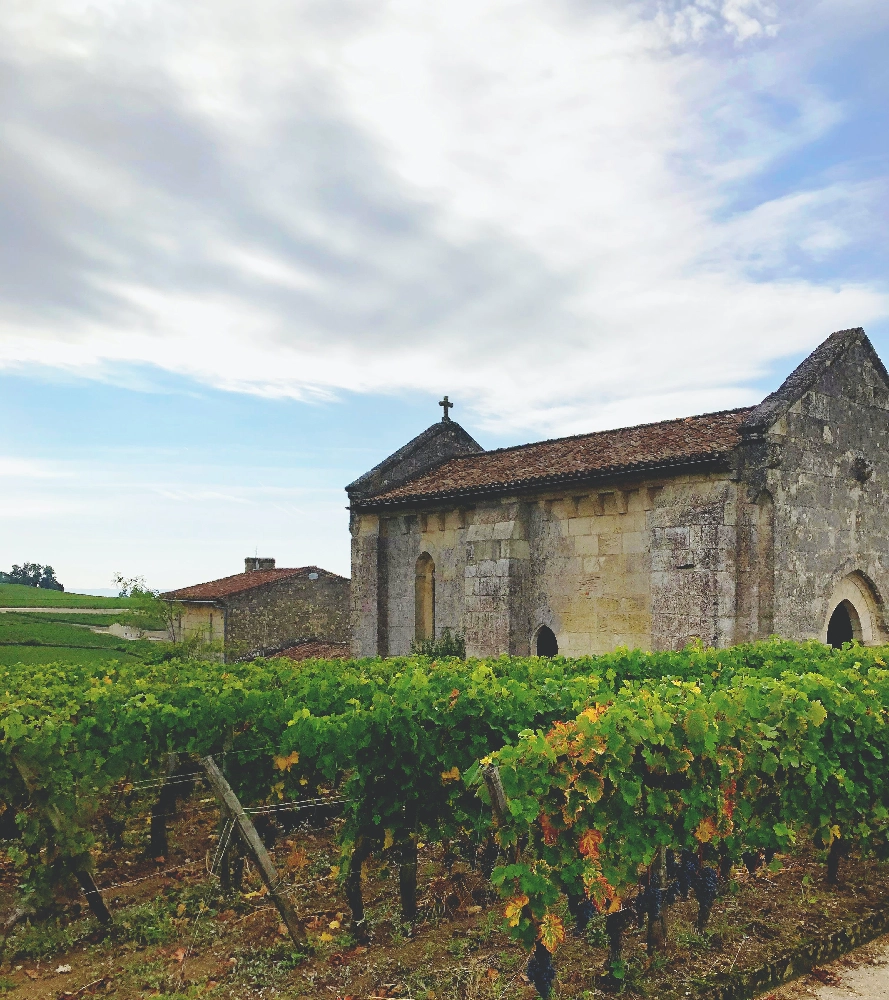
Champagne Grand Cru 'Louvois' Wineries & Wines Stats
Wineries
4
Wines
35
Champagne Grand Cru 'Louvois': A Historical Review of its Significance in Wine Culture
Introduction: The Champagne region in France, globally renowned for producing some of the finest and most celebrated sparkling wines, is home to numerous prestigious growing areas. Among them lies the historic Grand Cru village of Louvois, nestled within the Montagne de Reims area. In this review, we will delve into the rich history and significance of Champagne Grand Cru 'Louvois' in the context of wine production and culture.
Historical Background: The history of winegrowing in Louvois can be traced back to the early Middle Ages when monks from the Abbey of Saint-Nicaise in Reims began producing wines for religious purposes. The region's unique terroir, characterized by its chalky soil, was discovered to yield grapes with distinctive flavors and aromas suitable for producing high-quality sparkling wines. The village's name, Louvois, is believed to originate from the Latin word 'lupus,' meaning wolf, a nod to the area's early inhabitants.
Wine Production: Champagne Grand Cru 'Louvois' is known for its Pinot Noir and Chardonnay grape varieties. The former dominates the region with its red fruits and earthy notes, while the latter offers elegant and refined flavors, making a perfect balance when blended together. The village's wines are characterized by their fine bubbles, complex aromas, and long finish.
Historical Significance: Throughout history, Champagne Grand Cru 'Louvois' has held a special place in wine culture due to its unparalleled terroir and the dedication of its winemakers. In 1911, the village was granted the coveted status of Grand Cru by the Institut National des Appellations d'Origine (INAO), recognizing its exceptional quality and potential for producing world-class wines.
Traditional Winemaking Techniques: Despite the advancements in technology and techniques over the centuries, Champagne Grand Cru 'Louvois' winemakers have preserved traditional practices that contribute to the region's unique character. For instance, the use of solera system for aging wines in oak barrels has been a long-standing tradition. This method allows the wines to absorb flavors from the wood and develop complexity over time.
Cultural Significance: Champagne Grand Cru 'Louvois' holds significant cultural importance not only as a producer of exceptional sparkling wines but also as a symbol of French heritage and hospitality. The region's vineyards, picturesque villages, and rich history attract thousands of tourists every year, contributing significantly to the local economy. Furthermore, Champagne has become synonymous with celebrations and special occasions worldwide, making Grand Cru 'Louvois' wines a desirable choice for those seeking an authentic and memorable experience.
Conclusion: Champagne Grand Cru 'Louvois' stands as a testament to the rich history, unique terroir, and unwavering dedication of its people in producing some of the finest sparkling wines in the world. By preserving traditional winemaking techniques and embracing innovation, this historic region continues to captivate wine enthusiasts and contribute to the global cultural significance of Champagne as a symbol of celebration and sophistication.
